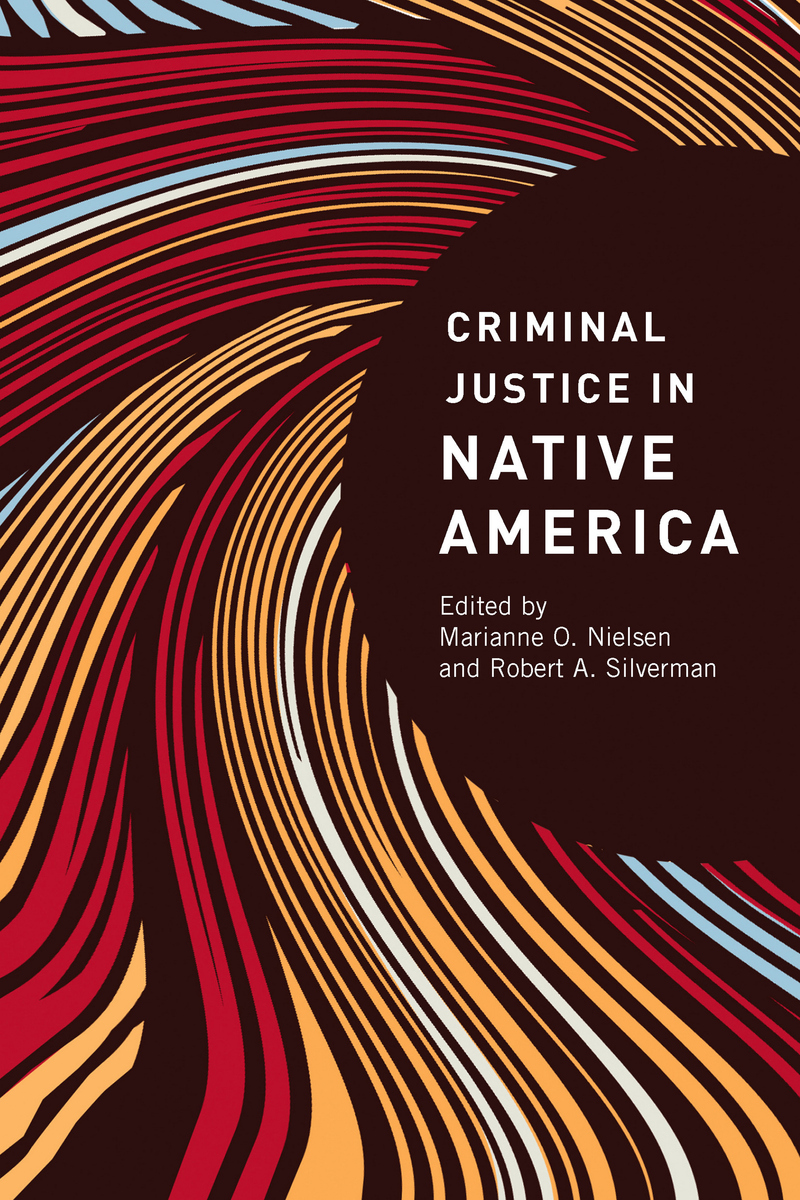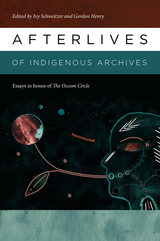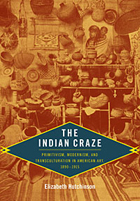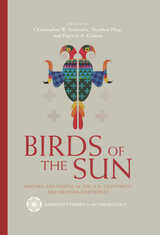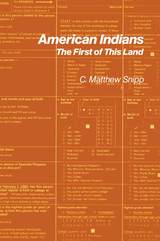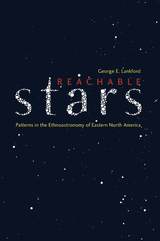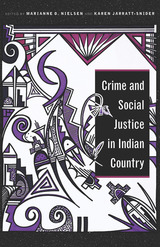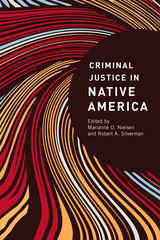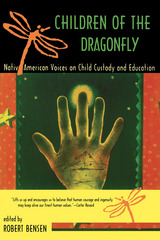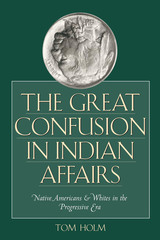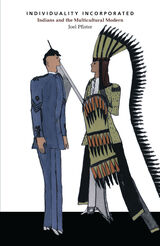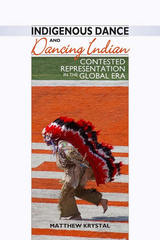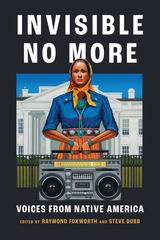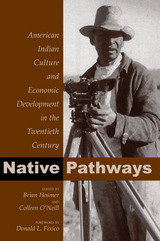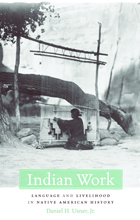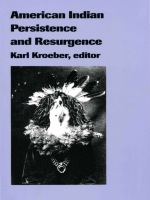Criminal Justice in Native America
University of Arizona Press, 2009
Paper: 978-0-8165-2653-6 | eISBN: 978-0-8165-4364-9 (standard)
Library of Congress Classification E98.C87C75 2009
Dewey Decimal Classification 305.897
Paper: 978-0-8165-2653-6 | eISBN: 978-0-8165-4364-9 (standard)
Library of Congress Classification E98.C87C75 2009
Dewey Decimal Classification 305.897
ABOUT THIS BOOK | AUTHOR BIOGRAPHY | REVIEWS | TOC
ABOUT THIS BOOK
Native Americans are disproportionately represented as offenders in the U.S. criminal justice system, particularly in the southwestern and north-central regions. However, until recently there was little investigation into the reasons for their over-representation. Furthermore, there has been little acknowledgment of the positive contributions of Native Americans to the criminal justice system—in rehabilitating offenders, aiding victims, and supporting service providers. This book offers a valuable and contemporary overview of how the American criminal justice system impacts Native Americans on both sides of the law.
Each of the fourteen chapters of Criminal Justice in Native America was commissioned specifically for this volume. Contributors—many of whom are Native Americans—rank among the top scholars in their fields. Some of the chapters treat broad subjects, including crime, police, courts, victimization, corrections, and jurisdiction. Others delve into more specific topics, including hate crimes against Native Americans, state-corporate crimes against Native Americans, tribal peacemaking, and cultural stresses of police officers. Separate chapters are devoted to women and juveniles.
The well-known scholar Marianne Nielsen provides a context-setting introduction, in which she addresses the history of the legal treatment of Native Americans in the United States as well as a provocative conclusion that details important issues for current and future research in Native American criminal justice studies. Intended to introduce students to the substantive concerns of a range of disciplines that contribute to Native American Studies—among them, criminal justice and criminology, law, sociology, and anthropology—Criminal Justice in Native America will interest all readers who are concerned about relationships between Native peoples and prevailing criminal justice systems.
Each of the fourteen chapters of Criminal Justice in Native America was commissioned specifically for this volume. Contributors—many of whom are Native Americans—rank among the top scholars in their fields. Some of the chapters treat broad subjects, including crime, police, courts, victimization, corrections, and jurisdiction. Others delve into more specific topics, including hate crimes against Native Americans, state-corporate crimes against Native Americans, tribal peacemaking, and cultural stresses of police officers. Separate chapters are devoted to women and juveniles.
The well-known scholar Marianne Nielsen provides a context-setting introduction, in which she addresses the history of the legal treatment of Native Americans in the United States as well as a provocative conclusion that details important issues for current and future research in Native American criminal justice studies. Intended to introduce students to the substantive concerns of a range of disciplines that contribute to Native American Studies—among them, criminal justice and criminology, law, sociology, and anthropology—Criminal Justice in Native America will interest all readers who are concerned about relationships between Native peoples and prevailing criminal justice systems.
See other books on: Crime | Criminal Justice | Criminal justice, Administration of | Native America | Nielsen, Marianne O.
See other titles from University of Arizona Press
